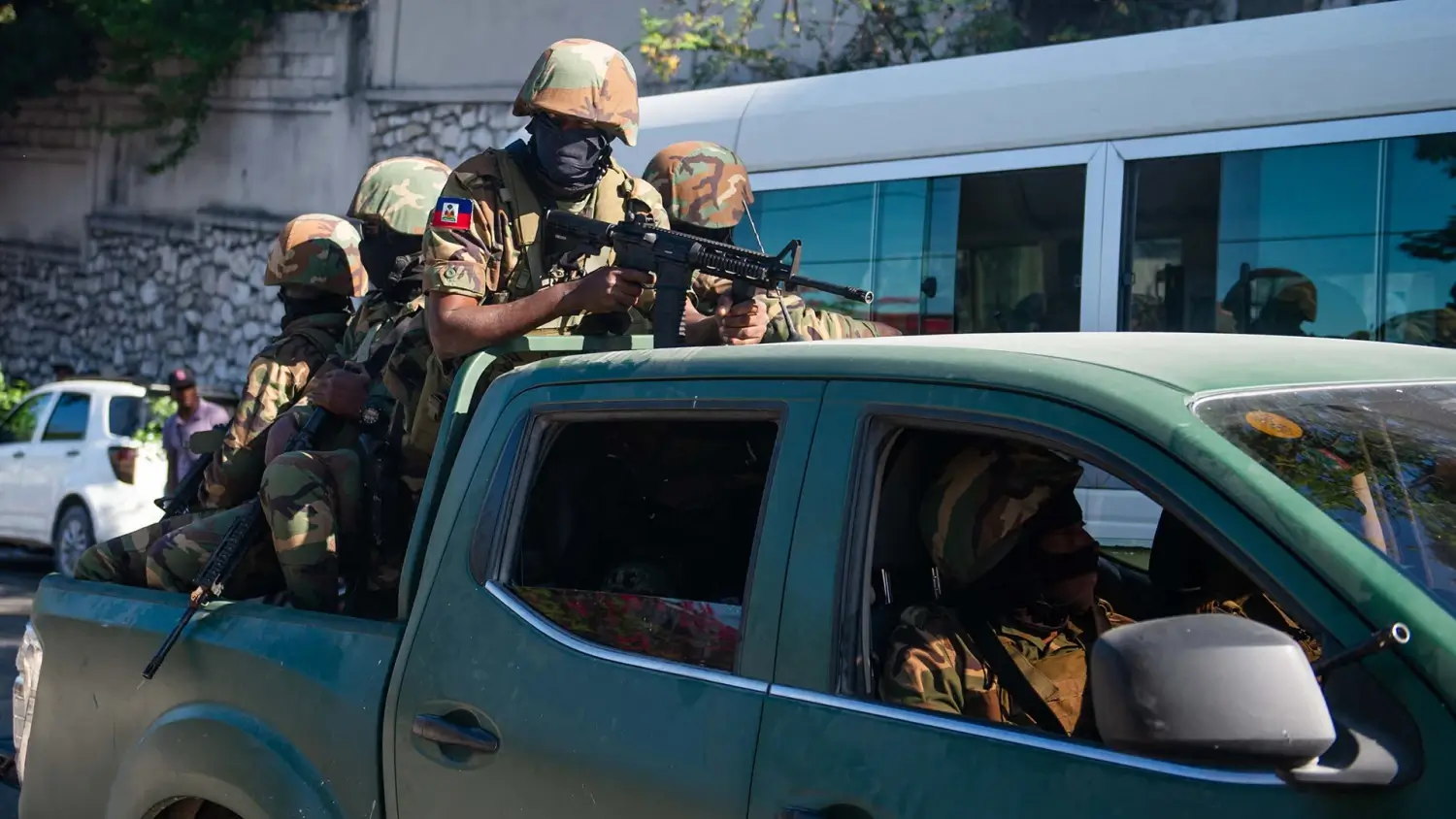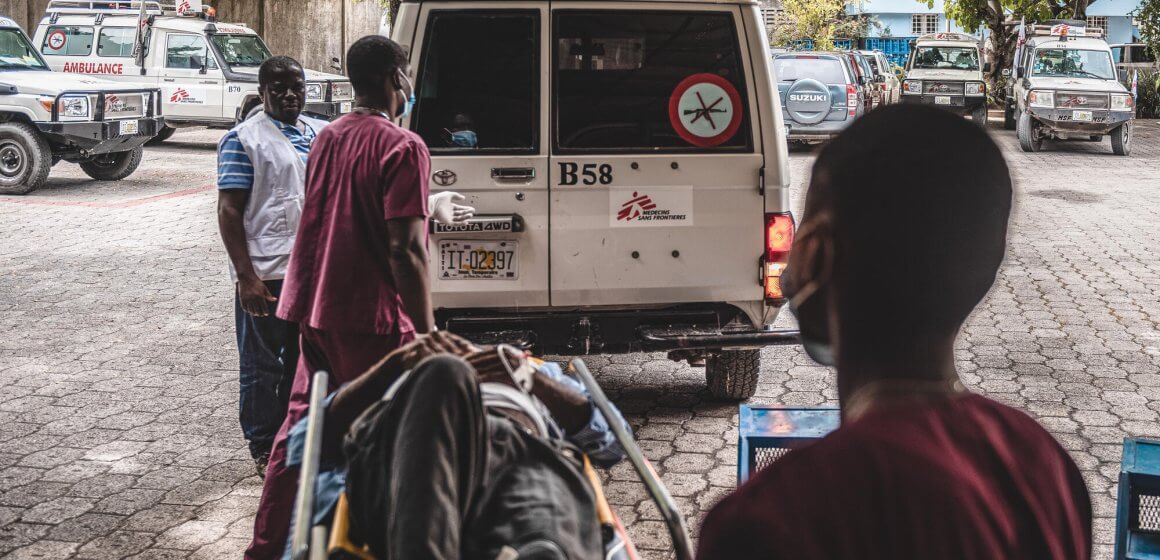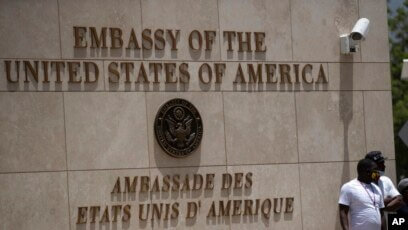|
LISTEN TO THIS THE AFRICANA VOICE ARTICLE NOW
Getting your Trinity Audio player ready...
|
The humanitarian medical organization Médecins Sans Frontières (MSF) Wednesday, November 20, 2024, suspended its activities in Haiti’s capital, Port-au-Prince, following a harrowing attack on its staff and the alleged execution of two patients by local police.
Haiti has been spiraling into chaos, with gang violence and political turmoil converging to create a near-anarchic state. In just one day, last Tuesday, an estimated 25 people were killed in Port-au-Prince as police thwarted what they described as an attempted gang incursion into the affluent Pétion-Ville neighborhood. The operation saw residents, armed with machetes and improvised weapons, joining forces with law enforcement to block streets and repel the assailants.
This backdrop of violence and instability was compounded by political upheaval earlier this month, as the interim Prime Minister, Garry Conille, was dismissed by the ruling council—just six months into his term. The political vacuum has left the country more vulnerable to lawlessness.

The catalyst for MSF’s withdrawal was a chilling event on November 11. An ambulance operated by the organization was stopped by Haitian law enforcement while transporting three young men who had sustained gunshot wounds. Eyewitness accounts suggest that officers, accompanied by members of a paramilitary self-defense group, forcibly removed two of the patients from the ambulance. The men were reportedly executed just outside hospital grounds.
In a statement released last week, MSF described the attack as part of a broader trend of escalating hostility. The statement revealed that MSF personnel were tear-gassed and detained for hours during the incident, adding to the mounting risks faced by the organization’s staff in Haiti.
This was not an isolated attack on MSF. Over recent months, the organization has faced repeated threats and acts of violence while attempting to deliver life-saving care in some of Haiti’s most dangerous neighborhoods. The cumulative effect of these attacks forced MSF to reassess its presence in Port-au-Prince, as the safety of its staff and patients could no longer be guaranteed.
Haiti’s deteriorating security situation has pushed many communities to the brink. Gangs, now controlling vast swaths of the capital, routinely engage in violent turf wars, extortion, and kidnappings, leaving civilians trapped in a state of perpetual fear. Efforts by law enforcement have been inconsistent, and accusations of extrajudicial killings—like those alleged in the MSF incident—have further eroded public trust.
The suspension of MSF’s operations is a devastating blow for the country, where access to medical care is already severely limited. MSF has long been a critical lifeline for victims of gun violence, sexual assault, and other emergencies. With its withdrawal, countless Haitians now face an even grimmer reality.











LEAVE A COMMENT
You must be logged in to post a comment.